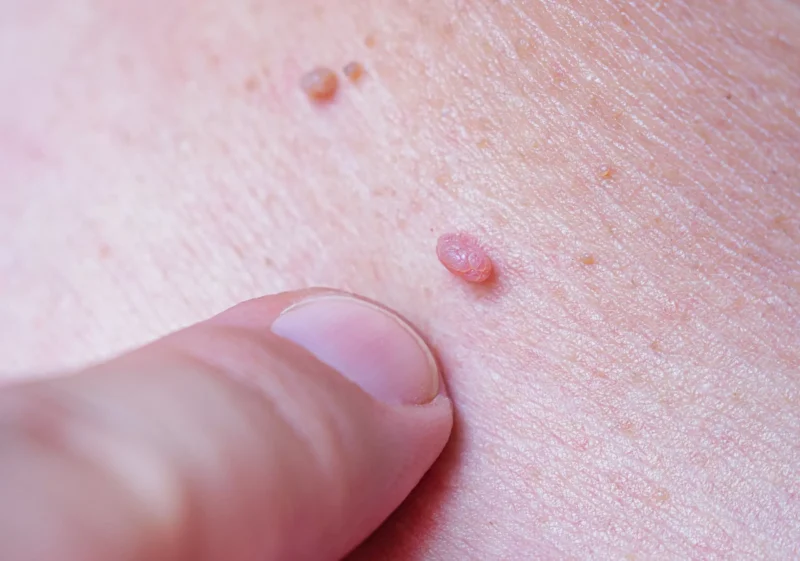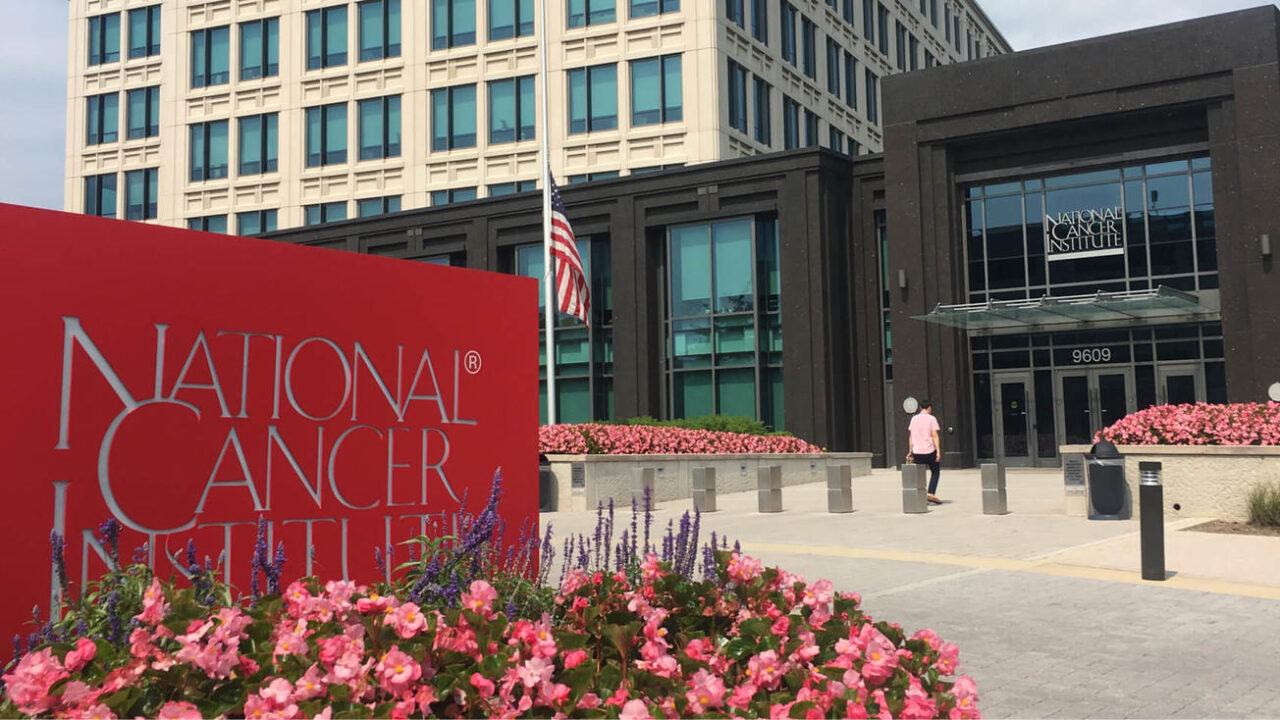Human papillomavirus (HPV), a widespread sexually transmitted infection, is responsible for 70% of throat cancers, according to the National Cancer Institute.

While most people associate HPV with cervical cancer, research now shows that throat cancer has become the most common type of HPV-related cancer.
However, many Americans remain unaware of this connection and are not utilizing the one proven method of prevention: the HPV vaccine.
Two recent studies from the USC Head and Neck Center, part of Keck Medicine of USC, have highlighted the concerning gaps in public awareness of HPV’s role in throat cancer and the notably low HPV vaccination rates among adults.
The findings suggest that less than one-third of Americans recognize the link between HPV and throat cancer, and fewer than 7% of adults eligible for the vaccine have completed the full vaccination series, which consists of three doses for adults.
“This data is very worrisome because knowledge is the first step toward disease prevention, The public is missing crucial information about the link between throat cancer and HPV, as well as the fact that vaccines may prevent HPV-related throat cancer.” – Daniel Kwon, MD, A head and neck surgeon at Keck Medicine and lead author of the study on vaccination trends.
Rising Need for HPV-Related Throat Cancer Awareness
Each year, around 43 million Americans are infected with HPV, with most sexually active adults contracting the virus at some point in their lives. Though most HPV infections resolve on their own without causing harm, some can lead to cancers, including throat cancer. The availability of the HPV vaccine in 2006 for girls and in 2009 for boys, and its expansion in 2018 to adults ages 27-45, has offered an opportunity for prevention. Although the vaccine may be less beneficial for older adults who have already been exposed to HPV, the Centers for Disease Control and Prevention (CDC) still suggests potential benefits from vaccination.
To gauge public knowledge about the connection between HPV and throat cancer, Dr. Kwon and his team analyzed data from the 2018 and 2020 National Cancer Institute Health Information National Trends Survey, which tracks public awareness of cancer-related information. Despite the expansion of vaccine eligibility in 2018, the results showed that public knowledge of the link between HPV and throat cancer remains shockingly low. In 2018, only 27% of respondents were aware of the connection, and by 2020, this had increased marginally to just 29.5%.
“These results are particularly disheartening, as many health advocates have issued guidelines and recommendations about HPV and throat cancer since the vaccine was expanded to include adults,” said Kwon. “Clearly, more efforts are needed to educate the public about this risk.”
While cervical cancer rates have decreased due to successful HPV awareness campaigns aimed at women, there has been less focus on throat cancer, which affects men more frequently. Unlike cervical cancer, which can be detected through routine Pap smears, no screening is available for throat cancer, making vaccination even more critical.
Low HPV Vaccination Rates Among Adults
In a separate study, researchers at the USC Head and Neck Center analyzed HPV vaccination rates among more than 26,000 adults ages 30-44 through the Behavioral Risk Factor Surveillance System, a nationwide telephone survey conducted by the CDC. The findings were stark: Only 6.5% of adults surveyed were fully vaccinated, and just 15.8% had received at least one dose of the HPV vaccine.
Several factors contribute to the low vaccination rates, according to Niels Kokot, MD, head and neck surgeon and lead author of the study. He points to a lack of public knowledge about HPV’s role in cancer, insufficient advertising for the vaccine compared to more widely publicized vaccines like those for flu or COVID-19, and rising vaccine hesitancy. Social factors such as socioeconomic status, race, education level, access to healthcare, and even gender and sexual orientation also play a role in determining who gets vaccinated, with certain groups—such as men, African Americans, Hispanic Americans, and those without a personal healthcare provider—being less likely to receive the vaccine.
Dr. Kokot hopes the findings will encourage greater efforts in public education regarding the HPV vaccine. “Every patient’s circumstances are different, and the subject is worth a discussion to see if an individual would benefit from the vaccine,” he said. “It is crucial to have this conversation with your healthcare provider.”
As HPV continues to be a major cause of throat cancer, experts urge eligible adults to consider the vaccine and consult with their doctors about its potential benefits. Raising awareness about this preventable risk is vital to reducing the incidence of HPV-related throat cancer in the future.


